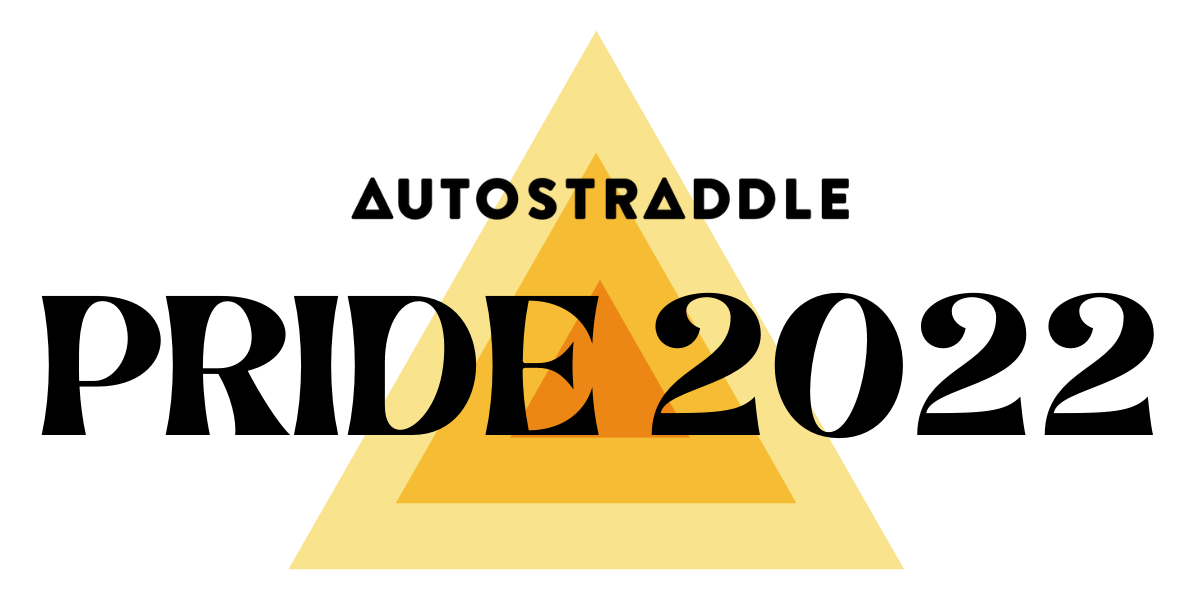Past me held the belief of walking alone. While a lot of that was rooted in personal issues, I strongly believe that a part of it was influenced by where I’m situated. The United States is a culture of individualism and self-reliance — we are taught to prioritize ourselves over community.
It’s horrifying to walk alone. There’s a war on reproductive health. Books are being banned left and right. Gun violence is rampant and nothing is being done about it because our lives are disposable in the eyes of the state. In such a climate, how do we keep going? How can we carry this much collective trauma and fear? We can cope by daring to be un-American: turning to one another for support. Individualism (I like to say “self-obsessed selfishness”) is killing us. Community is the vehicle for healing, a tool for survival, and a key to liberation. Larry Mitchell’s The Faggots and Their Friends Between Revolutions, a manifesto/fable from 1977, teaches us this.
I’ll admit I didn’t know this book at all until a few months ago when someone introduced it to me. I borrowed it thinking it’d be hilarious to read in public spaces and have people give me questionable stares. Discarded after reading the first 20 pages, that mentality was replaced by the desire to build bridges. Mitchell’s book is pretty underground — a free and accessible PDF of it circulates among niche groups on the internet. Its status as a lowkey book allowed it to remain untainted, to exist as a relic for the people instead of a cog in capitalism’s machine. However, I think it’s finally time The Faggots and Their Friends Between Revolutions gets the recognition it deserves. A book focused on marginalized groups empowering one another needs to be a resource in community organizing and mutual aid.
Largely influenced by the author’s life in a queer commune called Lavender Hill and gay culture pre-HIV/AIDS, the book takes place in the dystopian empire Ramrod. “The men” are heteropatriarchal, fascist rulers of Ramrod that make it hard for “the faggots” and their friends. Poverty, chaos, and militarism are omnipresent in the fictional society, and revolution is long overdue. However, despite it all, the faggots still thrive by sticking together. They have parties under the moon with fairies, relish in orgies and “delicious orgasm juice,” and have feasts with the “women who love women.” They don’t call themselves faggots because of self-deprecation. Claiming the term comes from a place of agency and self-determination – the faggots are deliberately separating themselves from their oppressors. The term allows them to establish their comradery.
While fantastical scenes of ecstasy and psychedelic drawings from illustrator Ned Asta are distinct in The Faggots and Their Friends Between Revolutions, the book shines the most in its quiet moments. One of the characters, Heavenly Blue, falls into a deep depression due to his living conditions. What moved him toward a better mental state was accepting help from his friends:
“Lilac and Pinetree and Moonbeam and Loose Tomato and Hollyhock gathered. They held Heavenly Blue in their arms for days, they let him cry and stare and slobber and scream and be silent. They paid the bills and looked after the roof and watched the street for strange men and talked to the neighbors and Hollyhock kept himself happy. Their house filled up with comfort and routine and gladness until Heavenly Blue could no longer resist and became response-able again.”
His depression is a mirror of what many of us go through. Rent is too damn high and the 9-5 work system kills our spirits. Queer and trans people, BIPOC, disabled folks, and anyone else who’s ever been labeled as “other” can’t fucking live in peace and autonomy. How can anyone be expected to be a ray of sunshine when there are structures against your very existence? It’s underestimated how much systematic oppression threatens our mental health.
Of course, the book isn’t a perfect model for political action in 2022. Conversations on issues such as race and ableism are nonexistent. Mitchell doesn’t note that queer communities themselves are heterogeneous, and can mimic the oppression and exclusivity executed by heteropatriarchal institutions. The book’s concept was conceived from the lack of contemporary gay literature in the 1970s. While queer representation still has a long way to go, we’ve come far since 1977. If we want to move forward with intersectional and transnational frameworks, the book is, frankly, not a go-to. Like with all things, we can take the book and expand from it.
You don’t have to perform huge, elaborate actions to make a political difference. Sometimes it is enough to give your neighbor the space to cry. Cultivate, cherish, and support queer families. Take The Faggots and Their Friends Between Revolutions, a queer relic, and turn it into a step toward a revolutionized world.
Check out The Faggots and Their Friends Between Revolutions here.




This is great (and important!) work, Lily!! Thank you for writing it!
In 2019 Nightboat Books issued an incredible reprinting of the book with new archival material and new essays by Morgan Bassichis and Tourmaline! Find it at Nightboat Books!
Link to the reprint: https://nightboat.org/book/the-faggots-their-friends-between-revolutions/
Hi Tara! Thank you so much for sharing this and providing a link.